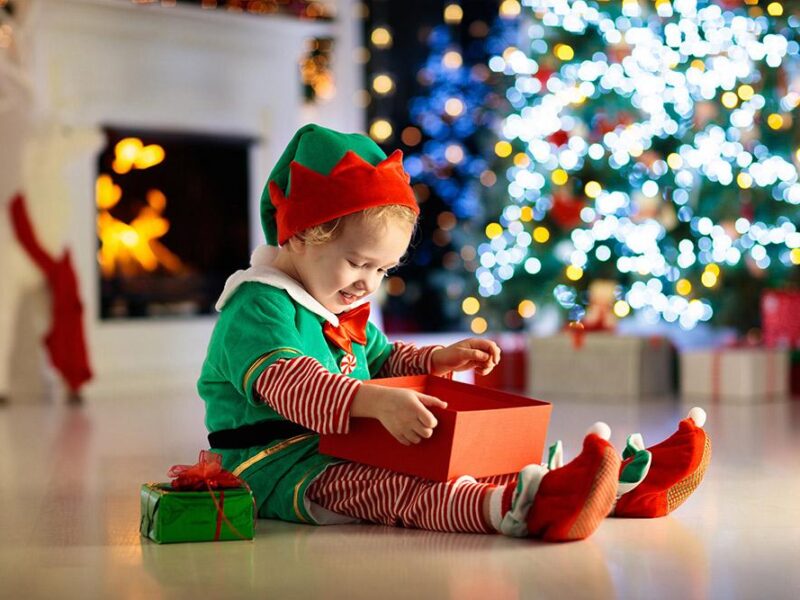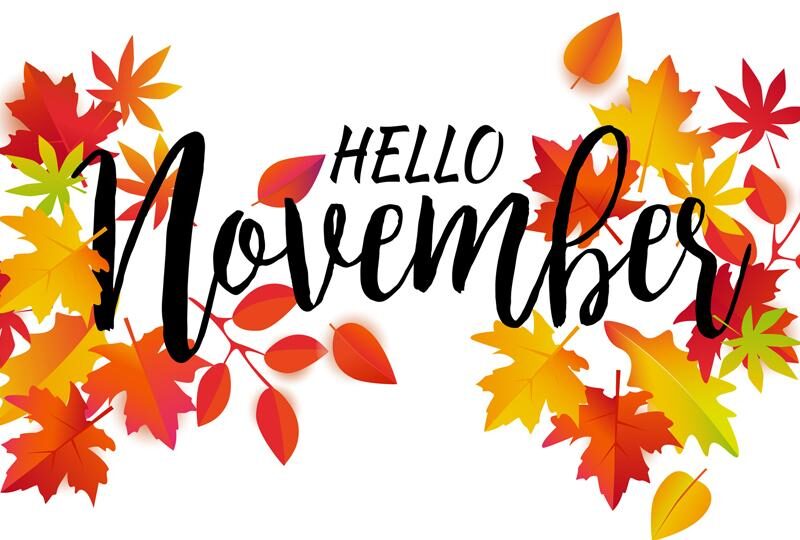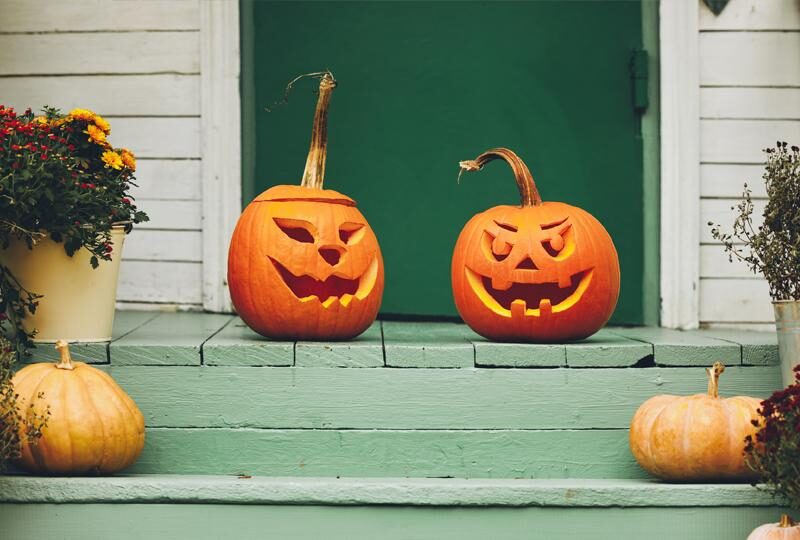Cringey Parenting
I’m lame, and I know it. ‘Cringey’, is the word my kids prefer, meaning that I’m embarrassing, uncool, and unhip. If you need proof, the very fact that I use words like ‘lame’ and ‘unhip’ is undeniable proof that I am indeed cringey.
This isn’t new for me. I’ve never been one of the cool kids. Sure, I was a captain of the football and rugby teams, so I had that going for me. But I always managed to undercut any coolness I might have gained from that by also being on the debating team, running a school newspaper, acting in the school play, and (worst of all) writing poetry. I played collectible card games, for heaven’s sake, and I read trash fantasy. I was, in almost all the ways that mattered to my peers, entirely uncool.
Not that it mattered very much to me. I had great friends (most of whom were equally uncool). I had a beautiful girlfriend who would eventually become my wife (though she was uncool too). I had a supportive family, including four brothers (some of whom were and remain cool, but hung out with me anyway). And I had all kinds of fulfilling activities, cool or otherwise, that kept me active, interested, and happy.
Which was the point for me, and is still. Why should I do something that doesn’t interest me just to impress other people? Why should I wear something uncomfortable just because everyone else is? Why should I compromise my principles just to make someone else happy? Why, in short, should other people’s opinions of me matter more than my own opinions of myself?
So it wasn’t that I went out of my way to be a geek. I was never looking to impress that group of people more than any other. I just did what made me happy, what I thought was right, what I was passionate about, and couldn’t care less whether other people called me a geek or not.
And this approach to life has generally served me well, I think, but I recognize that it’s not always easy on my kids. The person I am reflects on them as well (or they feel like it does), and while I may not care what other people think, my children (some more than others) definitely do. Which often results in conflict about how to approach even the most basic elements of our lives.
I send healthy lunches to school, but my kids feel uncool because they don’t have pre-packaged junk food like some of the others. I only allow screen time on weekends, but my kids feel uncool because they don’t have devices at school like some of their peers. I insist on meeting the parents of friends before my kids go to their houses, but my kids feel uncool because I’m being overprotective. And so forth.
In my mind, of course, it’s far more important that my children be healthy and safe, regardless of whether it’s cool, but they balance that equation quite differently. From their perspective, it’s one thing for me to be uncool myself, but it’s unfair for me to make them uncool too. Which is an understandable frustration. They’re trying desperately to impress their peers, but their cringey dad keeps getting in the way. I can see why that would make them crazy.
That doesn’t mean that I’m going to change my principles, of course. I don’t need my kids to think I’m cool any more than my peers. My purpose as a parents isn’t to make sure my kids like me. It’s to help them grow into healthy, safe, and mature adults. I’m not going to compromise that just because their friends don’t think it’s cool.
What it means, though, is that I need to be sympathetic to the conflict that my kids feel around being cool, to understand that they’re trying to figure out who they are, and how they should be around their peers, and how to make good choices. I need to acknowledge their frustrations about having to do chores even when their friends don’t, or having a bedtime even when their friends can seemingly stay out all night. It won’t make me any less cringey, but hopefully it will remind them that I do what I do because I love them.
Luke Hill has been the parent of birth kids, adoptive kids, foster kids, and just-need-a-place-to-stay kids for fourteen years. He’s had experience with kids in homeschool, public schools, and alternative schools. He’s been a teacher, a camp counsellor, and a coach. He’s also taught parenting courses for Children’s Aid for almost a decade. When he isn’t working with kids, he’s a writer, a publisher, and the director of a non-profit organization that supports book culture.





